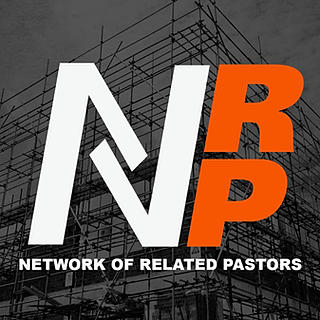Leadership in Context Episode 13 Show Notes
- NRP
- Dec 11, 2018
- 3 min read

Leadership in Context with Keith Tucci
Episode 013
Being Missional, part 3
If we don’t want to have a church full of self-centered people, then have a culture of missions. When you have that, then in people’s emotional, mental, and spiritual equilibrium, they are always thinking (in the context of church life) about other people and not just about themselves. If we want people to be different, we are going to have to lead them out of where they are, not just suggest a different route that they can take themselves.
Communicate
To have a strong missions movement in our church, we need to reiterate the great need. Tell the human story. Graciously assume that they do not know what you know, without speaking down to them. A lot of times we think that people are aware of the need in missions, when most times they are not. Focus on more than the great need. Focus on a couple of families, a missionary, or even a community; put a face to it—that is what people relate to.
We Can Make a Difference
As we articulate and reiterate the need in missions, we need to focus on how we can make a difference. Make it clear that we really CAN make a difference. Have stories about how people have made a difference. Get some videos. Have fresh data. Fly someone in to talk about it first-hand. Show the difference that is being made. This will build a missions culture.
Missions Policy
Once the cause and cure foundation is laid, have a policy guideline and communicate to people regarding how you make missions decisions. A lot of times in local church settings, missions decisions feel too subjective. The more we train people on how we make those decisions, the more credibility is added. It also helps you navigate through good requests that don’t fit your missions culture at the time. Without a policy, guideline, or focus, you can’t delegate or train others as to where you want to go.
Missions Policy Items—The Type of Missions You Want to Support
My number one guideline as a pastor was that whatever missions we supported—whether it was orphans or pro-life or drilling wells—should be connected to a local church. I wanted a local church to either lead or impact the missions we were supporting. (I would also work with a parachurch organization that was under the covering and leadership of a local church.)
Theologically lined up with your church’s beliefs
A relational aspect, not just money given
An authority structure that the person or organization submits to
Financial accountability
We would be comfortable sending people from our local body to be a part
As you begin to cast vision, maybe on a missions Sunday, you need to communicate your policy. It gives you credibility and answers people’s questions before they ask. When you do this, you are releasing them with a clear conscience to be as generous as they possibly can. It is time to get more detailed in our missions philosophy. We need to take the time to explain whatwe are doing and whywe are doing it.
Join us next week as Keith Tucci continues to put leadership truth in the context of the local church. And as always, please like, share, rate/review, and invite others to listen. See you next week







Comments